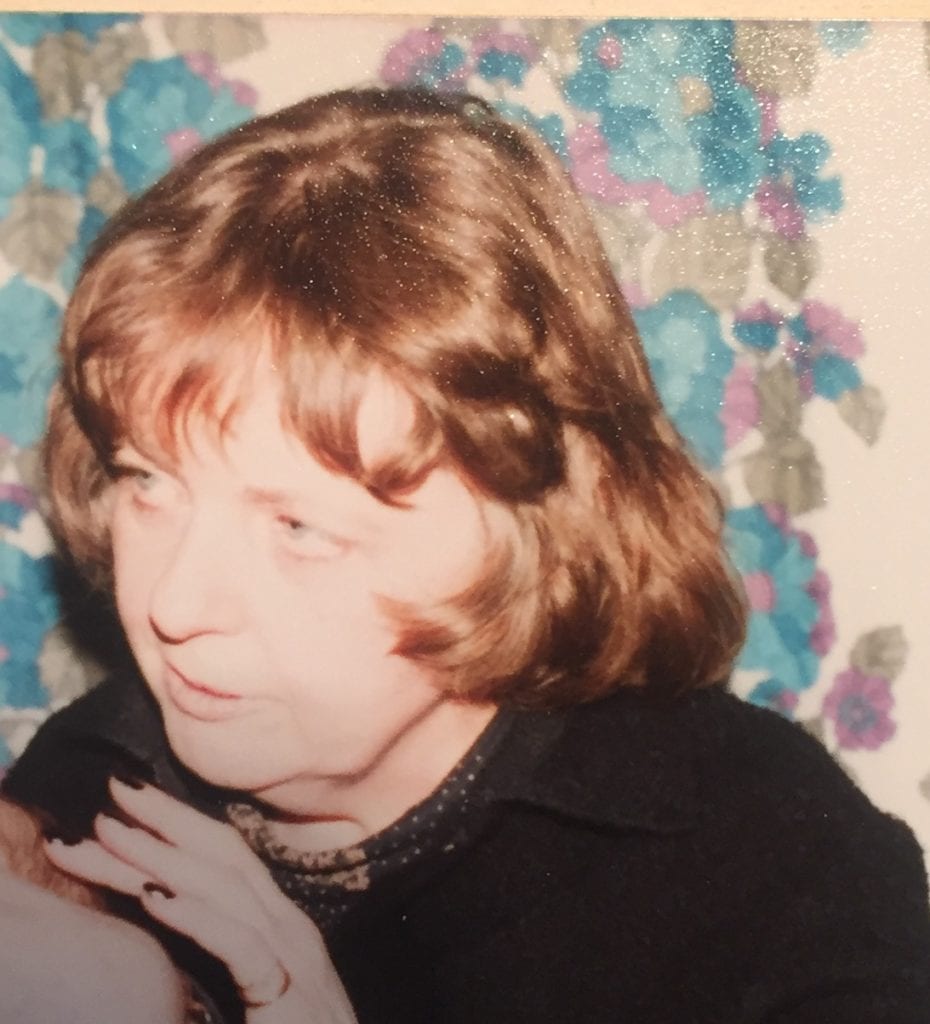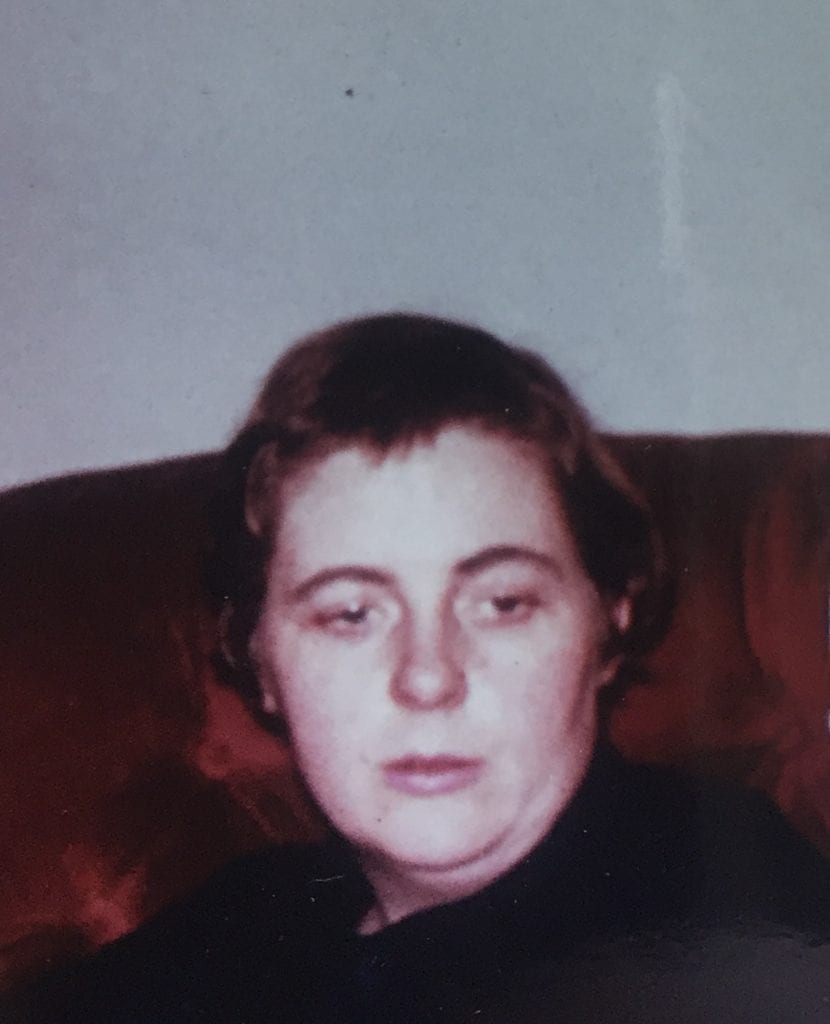Heritage Hypocrisy? A personal perspective on plaques
by: Kate Levey , November 13, 2018
by: Kate Levey , November 13, 2018
*English Heritage is a charity organisation that manages some of England’s most historic sites and buildings. It also manages the London Blue Plaque scheme which helps to provide historical context to buildings in London by linking those buildings with their occupants who are deemed to be of cultural/historical importance. (MAI Editors’ note)
Under different circumstances, I might never have noticed the whiff of an imperial past hanging over the very title English Heritage*, nor the unpleasant overtones of its crenellated blood-red logo.
English Heritage has appealed for more women nominees for commemoration by its London Blue Plaques Scheme. (The Guardian, 30 October 2018) That call seems to be an act of self- parody: It is English Heritage, I suggest, which is turning down women nominees, at least if my case is anything by which to judge.
I applied in 2015 for a plaque for my mother Brigid Brophy, the critic, writer and campaigner. She was not even shortlisted by English Heritage for consideration, despite her prominence in her day and a productive life deemed worthy by the Oxford Dictionary of National Biography of a lengthy, detailed entry.

I am not simply suffering the sting of vicarious vanity; I believe English Heritage needs to be vigorously shaken out of a complacent, even disturbing, attitude to culture.
In applying I did not expect members of the Plaques Panel instantly to bestow an award. Brophy made a vast contribution to the cultural scene as an outstanding intellectual, a versatile author, and a polemicist. She instigated the modern movement for animal rights. She promulgated the causes of liberalisation of sexual attitudes, of non-religious education, and was a proselytising egalitarian. Might these be precisely the factors which militated against her receiving a plaque? Is English Heritage uneasy about a woman who was in the vanguard of opinion?
In a short video to publicise its appeal for women nominees, English Heritage reveals its mindset. The film opens with a subtly patriotic colour scheme continuing into a blue overlay; we get a cocktail-lounge dreamy piano accompaniment, then a prissy voice explains how the overarching patriarchy of past eras led to lacunae in plaques to honour women. The women depicted in the film have been lavender-blue rinsed, suggesting mythical banknotes; the effect is to place them in a romantic, hazy past. They are quite remote from the modern, full-colour, three-dimensional women who are still, I believe, victims of English Heritage’s arcane process and inconsistent decisions. This organisation seems out of touch. In the case of Brophy, her views on veganism, same-sex relationships, gender fluidity and humanism are nothing if not à la mode.
Brigid Brophy’s legacy is demonstrable, I would have thought, by her epic but ultimately successful struggle on behalf of all authors, to achieve payment for loans of their works from public libraries. Standing as a monument to the value of writers to society, this ground-breaking scheme, to which Brophy dedicated seven years of her life, endures today. (Author members of English Heritage’s Panel of arbiters might themselves be receiving Public Lending Right fees).

In rejecting my mother, and with logic that would not disgrace Tweedledum, English Heritage acknowledges Brophy’s ‘many achievements, particularly in the establishment of Public Lending Right’ then dismisses her because her ‘historical significance’ was not felt to be ‘on a par with that required by the scheme.’
Is it sensible or merely unambitiously safe to strive for absolute rather than relative value-judgements of historical worth? I accuse English Heritage not only of casual misogyny but of being anti-writer, and anti-intellectual, meaning that someone with all three of those attributes has a good chance of falling through the plaques net just as did an earlier set of women.
English Heritage ought to consider changing its rule which governs re-application after rejection; currently a decade must elapse. But culture does not routinely move on every ten years; nowadays it might move considerably faster. If the statutory time interval were halved, the London Blue Plaques Panel could redress its short-sighted previous exclusions, I assert.
Had my mother been a Victorian spinster working in a back scullery to discover the element Brophinium, might a plaque more readily appear?
WHO SUPPORTS US
The team of MAI supporters and contributors is always expanding. We’re honoured to have a specialist collective of editors, whose enthusiasm & talent gave birth to MAI.
However, to turn our MAI dream into reality, we also relied on assistance from high-quality experts in web design, development and photography. Here we’d like to acknowledge their hard work and commitment to the feminist cause. Our feminist ‘thank you’ goes to:
Dots+Circles – a digital agency determined to make a difference, who’ve designed and built our MAI website. Their continuous support became a digital catalyst to our idealistic project.
Guy Martin – an award-winning and widely published British photographer who’s kindly agreed to share his images with our readers
Chandler Jernigan – a talented young American photographer whose portraits hugely enriched the visuals of MAI website
Matt Gillespie – a gifted professional British photographer who with no hesitation gave us permission to use some of his work
Julia Carbonell – an emerging Spanish photographer whose sharp outlook at contemporary women grasped our feminist attention
Ana Pedreira – a self-taught Portuguese photographer whose imagery from women protests beams with feminist aura
And other photographers whose images have been reproduced here: Cezanne Ali, Les Anderson, Mike Wilson, Annie Spratt, Cristian Newman, Peter Hershey
